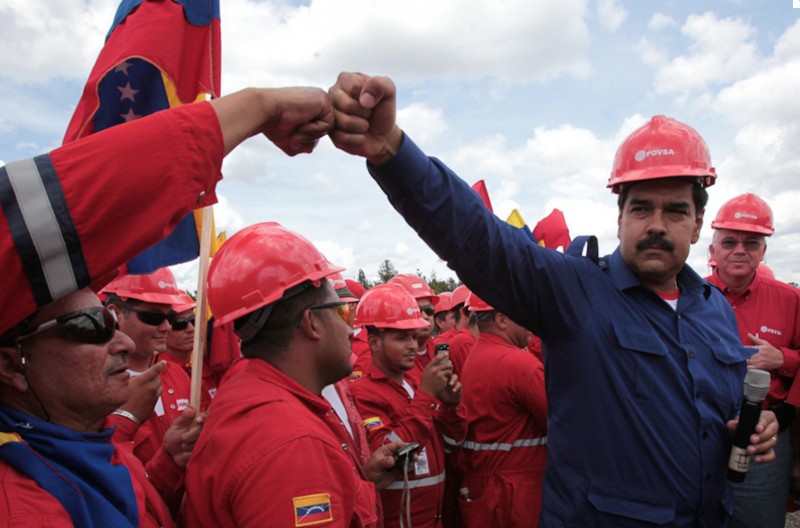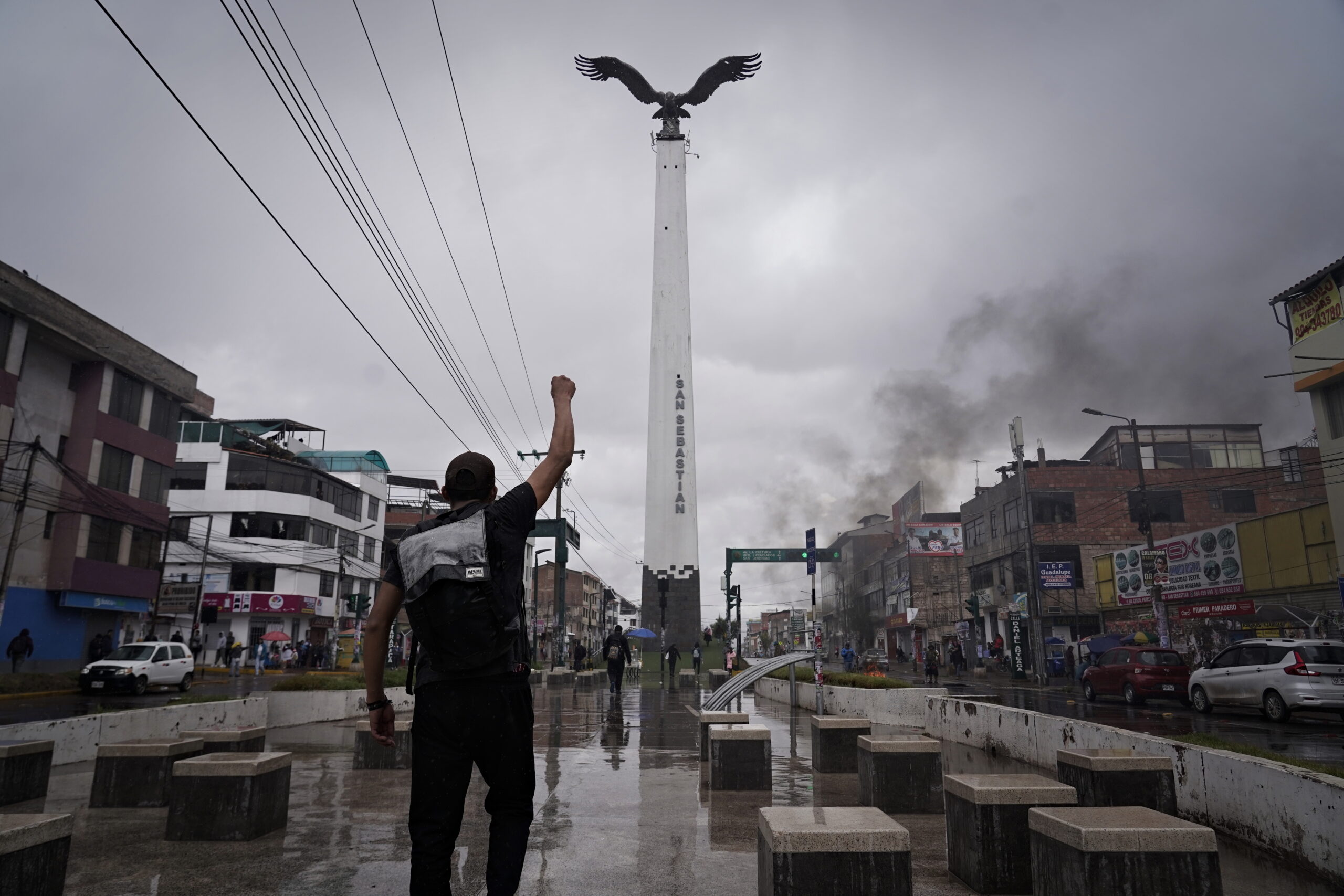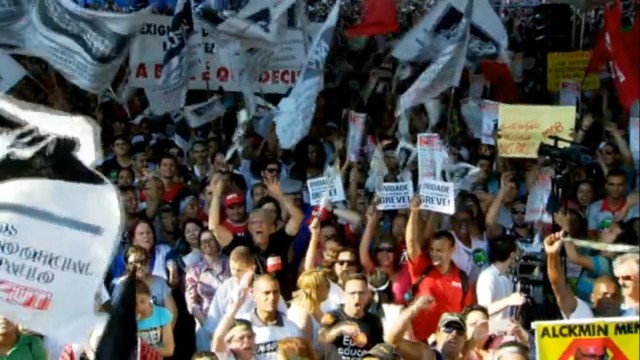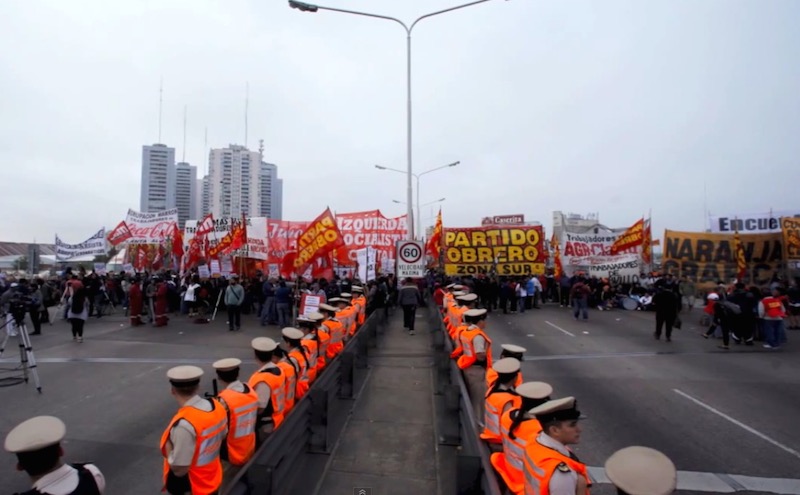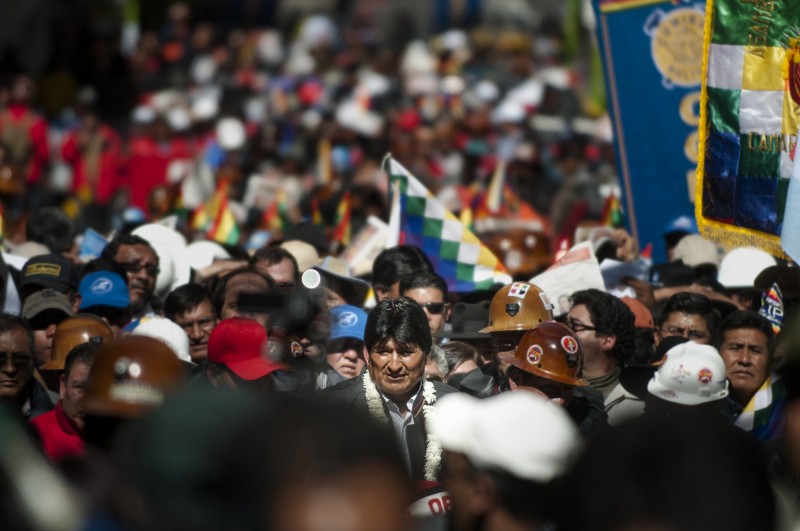
Andes, Bolivia, Latin America: Week in Review
Party of Bolivian President Takes Losses in Regional Polls
March 31, 2015 By Staff
Top Story — The political party of Bolivia’s President Evo Morales lost several key seats in legislative and gubernatorial elections on Sunday, reports suggest, following Morales’ re-election last year to a third term with 61 percent of the vote.
The Associated Press called the loss the greatest electoral setback faced by the Movement Toward Socialism (MAS) party since Morales took power in 2006, noting that the party is less popular than its leader and has faced several recent corruption scandals.
MAS’s candidate won for mayor in the capital of La Paz, but the opposition won in the capital’s impoverished sister city of El Alto. In what The Associated Press called Bolivia’s three most important departments, MAS only secured one governor’s seat.
Morales, a former coca growers’ union leader and Bolivia’s first indigenous president, has been widely credited for his stewardship of Bolivia’s economy. Since he took office, poverty has declined and formerly chaotic growth rates have stabilized.
Headlines from the Western Hemisphere
North America
- A 20-year-old Mexican man in need of a life-saving heart and liver transplant has been granted a humanitarian visa to enter the United States, where he had already been denied entry twice despite already having an appointment at the Mayo clinic.
- In a bid to end an ongoing agricultural-worker strike in Mexico’s Baja California state, farms in the region have offered workers a 15-percent wage hike, a concession that The Associated Press says the farmworkers have rejected, saying they want guaranteed benefits and an end to widespread abuses in addition to a wage increase.
Caribbean
- Cuban and U.S. diplomats will meet today in the latest round of talks, this latest meeting aimed at discussing the challenging issue of human rights, which both countries accuse the other of violating.
- In what would potentially be the largest municipal-debt restructuring in U.S. history, Puerto Rico’s junk-rated Electric Power Authority has been granted an extra 15 days to extend negotiations with creditors.
Central America
- Despite impressive claims by Costa Rica that it has gone two and a half months supplying the country’s electric grid using only renewable resources, The Guardian says that much of those numbers come from hydroelectric plants processing unusually heavy rains, and that clean energy production is unlikely to last at such high levels.
Andes
- Brazilian ex-President Fernando Henrique Cardoso and former Spanish Prime Minister Felipe González will advise the legal team representing incarcerated Venezuelan opposition leaders Leopoldo López and Caracas Mayor Antonio Ledezma — a symbolic move that will nonetheless rankle President Nicolás Maduro.
- A bus accident in the Ayacucho region of Peru left at least 16 people dead and over 20 injured, authorities announced on Monday, one week after a highway collision in the country involving three buses and one truck left 37 dead and 70 injured.
Southern Cone
- The death toll from the highly unusual flash floods in Chile’s Atacama region last week has risen to 17 people, with 20 people still missing, authorities announced on Monday. The floods left entire towns devoid of potable water and displaced thousands, including one of the miners trapped underground in 2010.
- Al Jazeera America reports on the over one million Brazilian women a year who procure illegal abortions in a country that only allows the procedure in cases of rape, threat to the mother’s life and cephalic deformity.
- The Brazilian government lost the battle over the hotly contested Bahia Emerald — the world’s biggest emerald, which Brazilian authorities say was removed from the country illegally and smuggled into the United States — when a Los Angeles Superior Court judge rejected Brazil’s claim to the stone.
Image: Eneas de Troya, CC BY 2.0
Subscribe to Today in Latin America by Email
